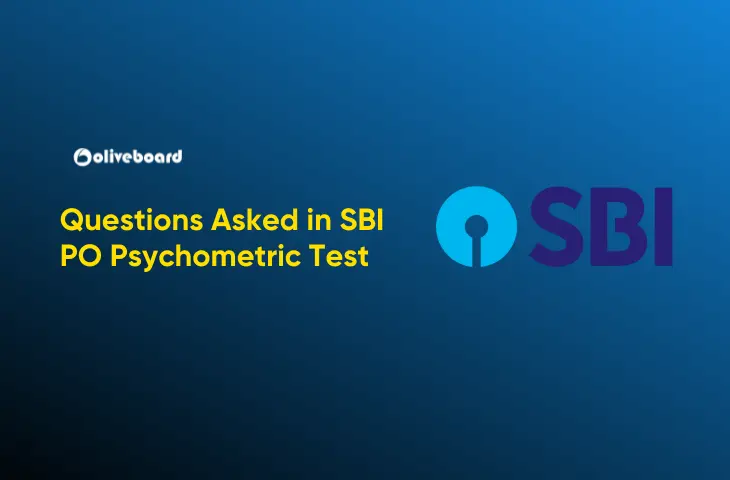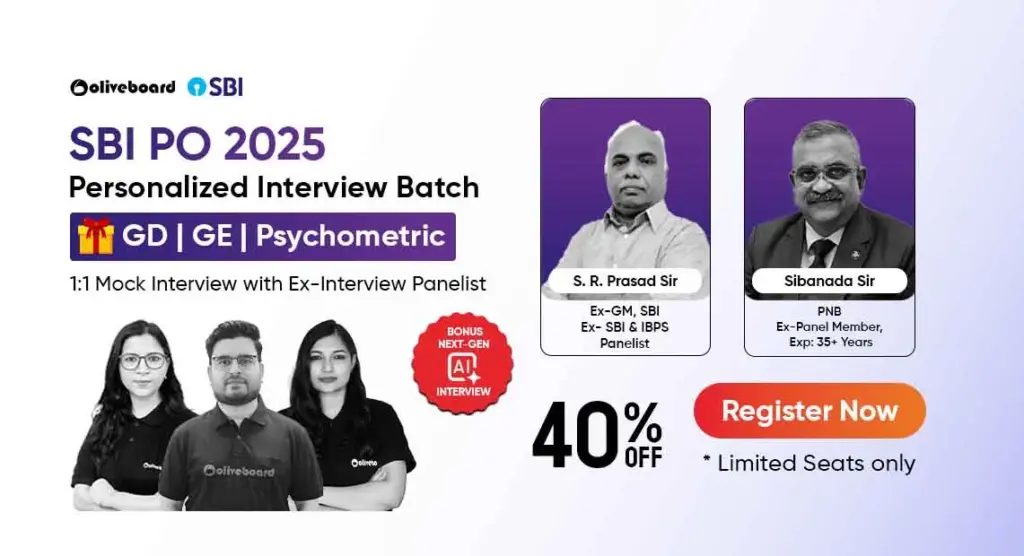The State Bank of India (SBI) has incorporated a psychometric test into its final selection process for the Probationary Officer (PO) 2025 recruitment cycle. Unlike objective exams that measure technical skills, the psychometric test uncovers personality traits, behavioral patterns, emotional intelligence, and decision-making ability—all of which are crucial in shaping a capable and balanced future bank officer.
SBI PO Psychometric Test Pattern 2025
The test aims to assess candidates’ intelligence, decision-making abilities, and personality traits in a structured, objective format. The SBI PO Psychometric Test consists of 199 questions divided into four parts:
| Section | Number of Questions | Duration |
| Part A | 26 | – |
| Part B | 120 | – |
| Part C | 10 | – |
| Part D | 46 | – |
| Total | 199 | 90 minutes |
Types of Questions Asked in SBI PO Psychometric Test
Each section of the psychometric test evaluates different aspects of candidates’ psychological and emotional responses:
- Part A consists of 26 questions with two options. Here, candidates select responses that align with their values and perspectives. For example, a question might explore a candidate’s views on the role of luck versus personal effort in achieving success.
- Part B, C, and D: These sections contain questions with five response options:
- Agree
- Strongly Agree
- Disagree
- Strongly Disagree
- Neutral The questions in these sections aim to assess beliefs, behaviors, and personality traits, focusing on aspects like resilience, adaptability, and decision-making.
Common Questions Asked in SBI PO Psychometric Test
- Behavioral Questions: These questions reveal how candidates typically react in different scenarios, shedding light on their character and temperament.
Examples:
- “I enjoy taking charge during group discussions.”
- “I find it difficult to work under pressure.”
- “Success is often determined more by hard work than by luck.”
The test evaluates against common personality models such as the Big Five:
- Openness—adaptability to new ideas.
- Conscientiousness—Discipline and reliability.
- Extraversion—Sociability and assertiveness.
- Agreeableness—cooperation and empathy.
- Emotional Stability—Response to stress and criticism.
- Situational Judgment Questions: Candidates are given scenarios and asked to make a decision, helping examiners gauge their judgment and rationality.
Example Scenario:
You’re helping a customer open a new account. Another person walks up angrily, saying they’ve been waiting too long. What do you do?
Possible responses:
- A. Stop your current task to address the second customer immediately.
- B. Calmly explain that you’ll assist them once you finish.
- C. Ask a colleague to attend to the second customer.
- D. Rush through your current task to speed things up.
Options B or C would generally reflect the most professional judgment.
- Personality Questions: These questions help understand a candidate’s personality traits, such as optimism, empathy, and team spirit.
Optimism
These questions gauge how positively a candidate views challenges, outcomes, and the future.
Examples:
- “I believe that setbacks are temporary and can be overcome with effort.”
- Strongly Agree / Agree / Neutral / Disagree / Strongly Disagree
- “Even in difficult times, I try to find something to be hopeful about.”
- “I often expect things to go wrong even if I’ve prepared well.”
(A disagree response here may indicate a more optimistic outlook.)
Empathy
These questions assess how well a candidate can understand and respond to others’ emotions and perspectives.
Examples:
- “I make an effort to see things from another person’s point of view before responding.”
- “When someone around me is upset, I usually try to find out what’s bothering them.”
- “I find it hard to connect with people who are emotionally expressive.”
(A disagree response suggests higher empathy.)
Team Spirit
These items test the ability to work cooperatively, support colleagues, and value collective success.
Examples:
- “I enjoy collaborating with others to achieve common goals.”
- “I’m willing to compromise for the sake of team harmony.”
- “I find it frustrating when I have to rely on others to get things done.”
(A disagree response here indicates stronger team spirit.)
- Emotional Intelligence: Assesses candidates’ emotional regulation and awareness, both essential for handling the pressures and responsibilities of banking roles.
Examples:
- “When criticized, I tend to take it personally.”
- “I can remain calm when someone yells at me without reason.”
- “I adjust my communication style depending on who I’m talking to.”
- Value Judgments & Ethics-Based Statements: These questions subtly test your moral compass and work ethic—both vital in the banking industry.
Examples:
- “It is acceptable to bend rules if the customer is important.”
- “Reporting a colleague’s mistake is necessary, even if it harms your relationship with them.”
Example Question from Previous Year
An example question from last year’s test asked candidates to express their views on whether they believe success is largely due to luck or hard work. Such questions help gauge candidates’ mindset and personal philosophy.
How to Approach the SBI PO Psychometric Test?
To prepare effectively, candidates can try taking similar psychometric tests available online to familiarize themselves with the format and types of questions. Additionally, practicing self-awareness and reflective thinking can enhance one’s ability to respond authentically. Physical activities like yoga can also help maintain mental calm, essential for a balanced response during the test.
Why Is the SBI PO Psychometric Test Important?
The PO role in SBI is high-pressure, high-responsibility, and customer-facing. It demands officers who are
- Ethical and trustworthy
- Emotionally balanced
- Calm under pressure
- Strong decision-makers
- Team-oriented yet independent
- SBI PO vs. SSC CGL: Which is a better career option?
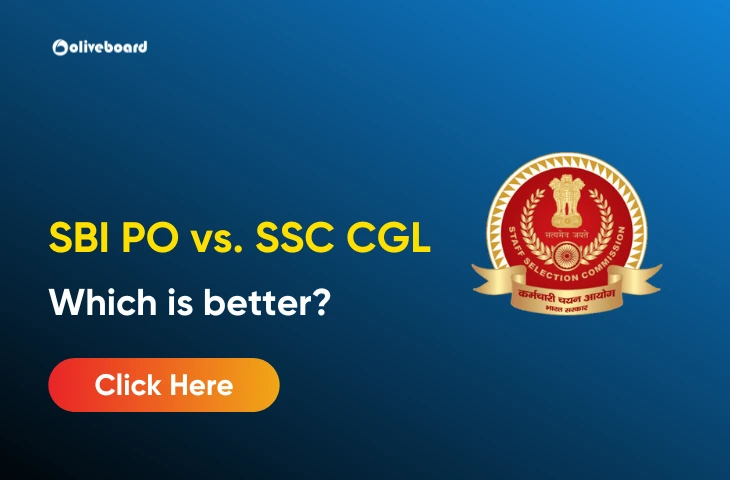
- Success Story of Harsh Bansal in SBI PO Exam
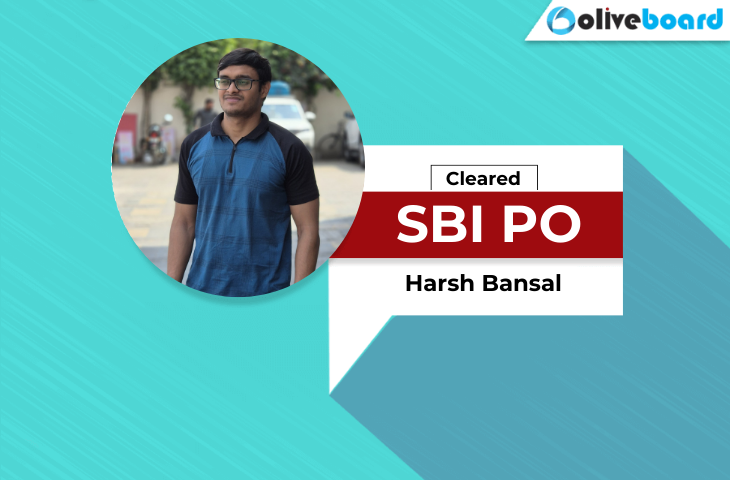
- Success Story of Jaya Vigneshwari M in SBI PO Exam
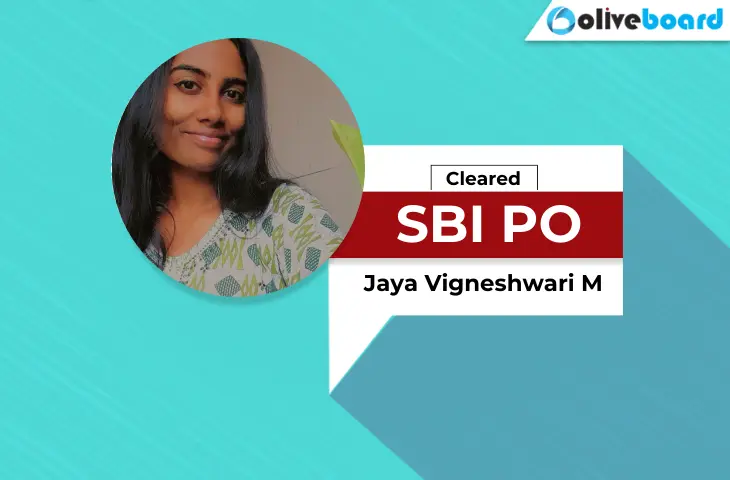
- SBI PO Mains & Final Score Card 2025 Out, Check Mains and Interview Marks
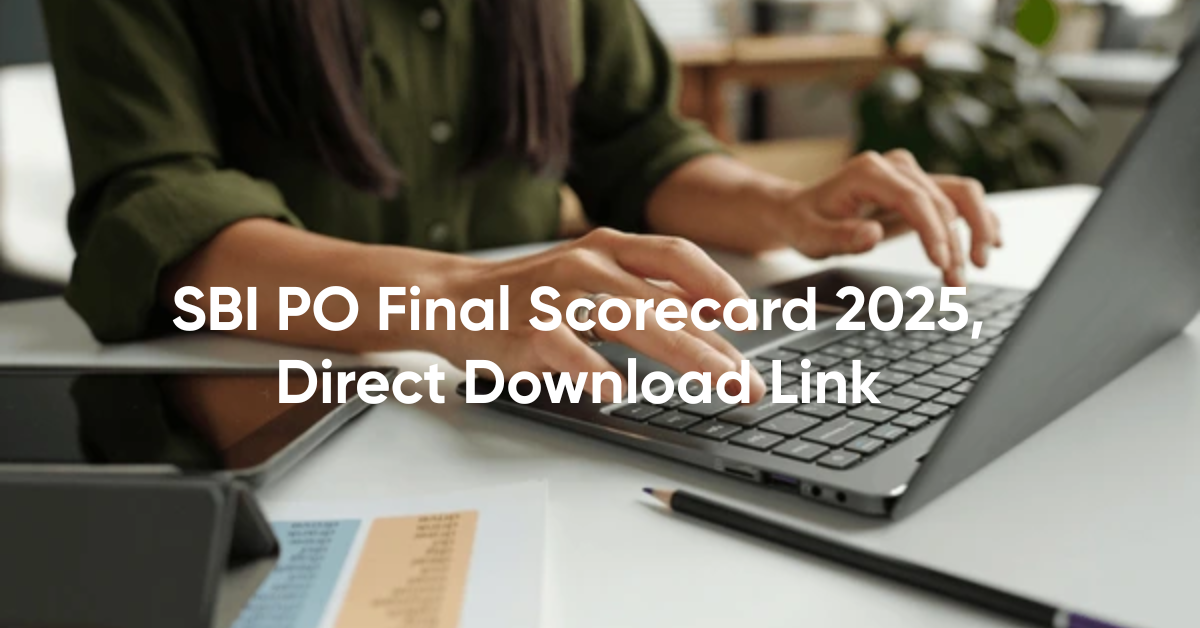
- 7 Big Advantages of Becoming an SBI PO in 2026
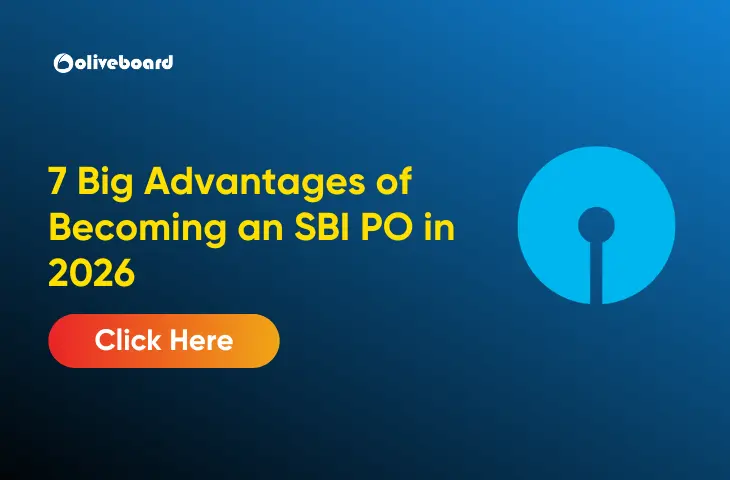
- State Bank of India Careers, SBI PO, and SBI Clerk Promotions
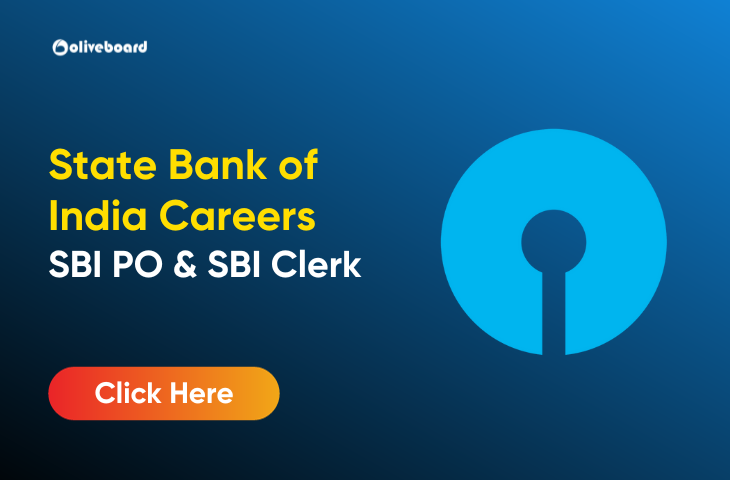
Hi, I’m Tripti, a senior content writer at Oliveboard, where I manage blog content along with community engagement across platforms like Telegram and WhatsApp. With 3+ years of experience in content and SEO optimization related to banking exams, I have led content for popular exams like SSC, banking, railways, and state exams.
